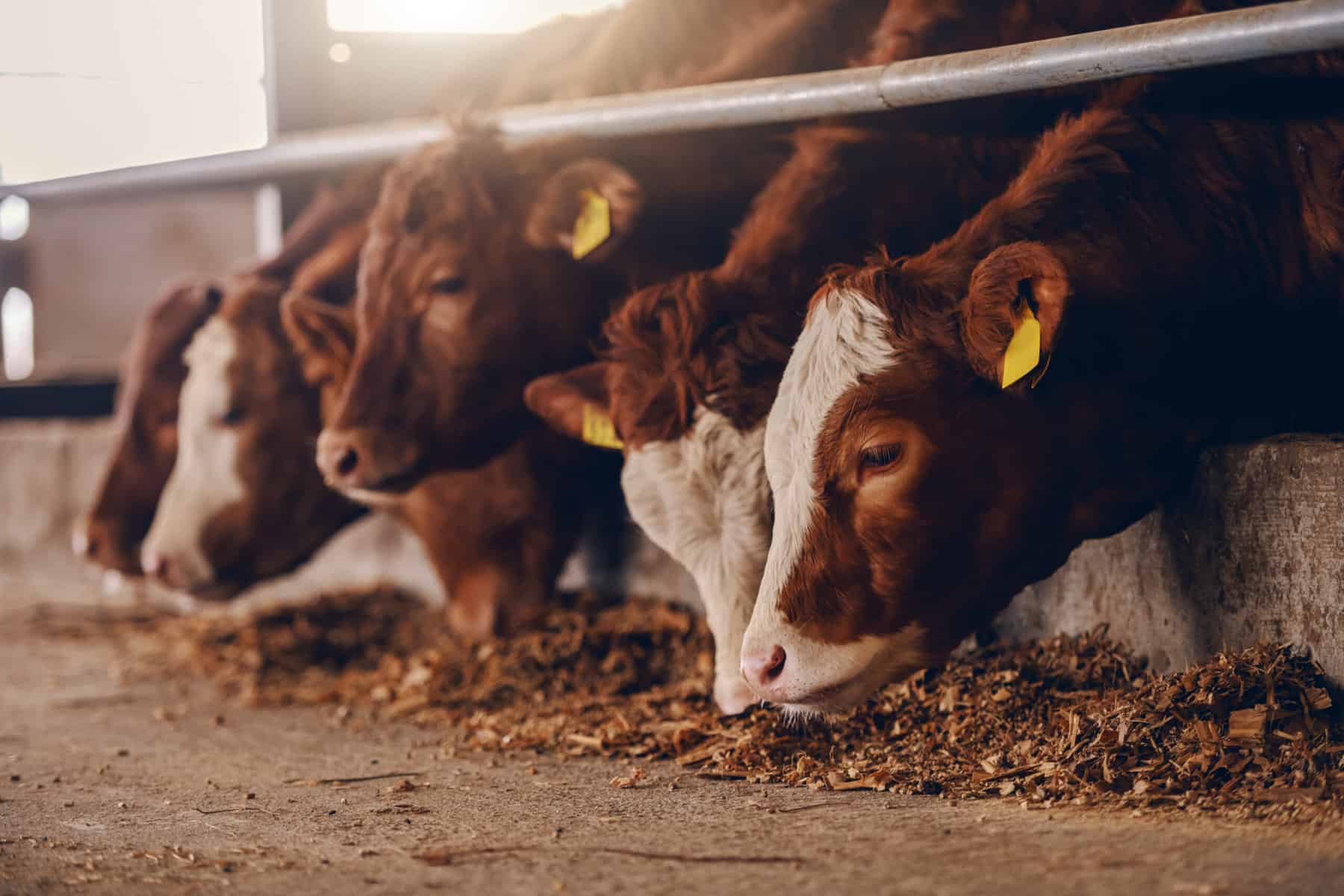Minister of Agriculture John Steenhuisen has issued an urgent directive to the Department of Agriculture to step up its efforts in tackling the on-going spread of foot-and-mouth disease (FMD) in KwaZulu-Natal.
The province is battling 147 active outbreaks, with the virus continuing to surface beyond the designated Disease Management Areas (DMA). During a recent visit to the province, Steenhuisen was confronted by anxious farmers and community leaders who expressed frustration at what they see as the department’s inadequate response to the crisis.
“This lack of sufficient action is jeopardising farmers’ livelihoods, the agricultural industry, and the economy. This needs to stop. Immediately,” said a visibly concerned Steenhuisen.
The SAT2 strain of FMD was first detected in KwaZulu-Natal in 2021, prompting the declaration of DMAs. However, the on-going emergence of cases outside these areas has forced authorities to expand the DMA boundaries in an attempt to contain the outbreak.
“The reports we continue to receive from KwaZulu-Natal regarding the persistent and, in some cases, expanding foot-and-mouth disease outbreaks are of great concern,” said the minister.
“This, coupled with the slow pace of strengthening national biosecurity and acquiring critical vaccines, presents serious risks. I have directed the department to identify and eliminate every single obstacle standing in the way of timely vaccine delivery.”
To curb the spread of the virus, Steenhuisen has outlined a series of urgent actions that the department must implement without delay.
These include the following:
- Collaborating with the South African Police Service (SAPS) and the Road Traffic Management Corporation (RTMC) to assist with roadblocks to monitor the movement of animals.
- Identifying alternative sites for livestock sales and locating abattoirs within the DMA to support affected farmers.
- Procuring and supplying sufficient vaccines to ensure a comprehensive vaccination roll-out.
- Exploring legal mechanisms to declare a state of disaster in the province.
- Intensifying the monitoring and enforcement of the livestock movement permit system. The minister also emphasised the critical need to enhance national biosecurity protocols.
The current control measures are not enough.
“The Animal Diseases Act obliges animal owners to prevent disease spread, but this must be reinforced by strong government leadership, effective surveillance and support for farmers.”
While KwaZulu-Natal battles a growing crisis, there is some good news from the Eastern Cape. According to the Department of Agriculture, the province has made solid progress in containing FMD.
No new clinical cases have been reported on farms since July 2024, and previously affected farms have shown no signs of the disease since September 2024. However, the lifting of DMA restrictions has been postponed following suspect results from two properties.
One result has been confirmed as negative, and the department awaits the outcome of the second. Biosecurity measures introduced nationally in October 2022 remain in place.
These include:
- Mandatory health declarations for movement of cloven-hoofed animals across South Africa.
- A minimum 28-day isolation period for any newly introduced cattle, sheep or goats.
- Restricting animal movements and only sourcing livestock from certified disease-free farms.
- Preventing direct contact between farm animals and animals from outside properties.
- Maintaining secure perimeters and limiting access to farms by people and vehicles.
The Animal Diseases Act (No. 35 of 1984) also requires all animal owners and managers to take reasonable steps to prevent infections and control the spread of any disease from their land or animals.
FMD is a controlled animal disease under South African law. Farmers who detect symptoms such as excessive salivation, mouth blisters, limping or hoof lesions are urged to contact their local state veterinarian immediately.
Animals showing these symptoms must not be moved under any circumstances.
Source - https://witness.co.za













